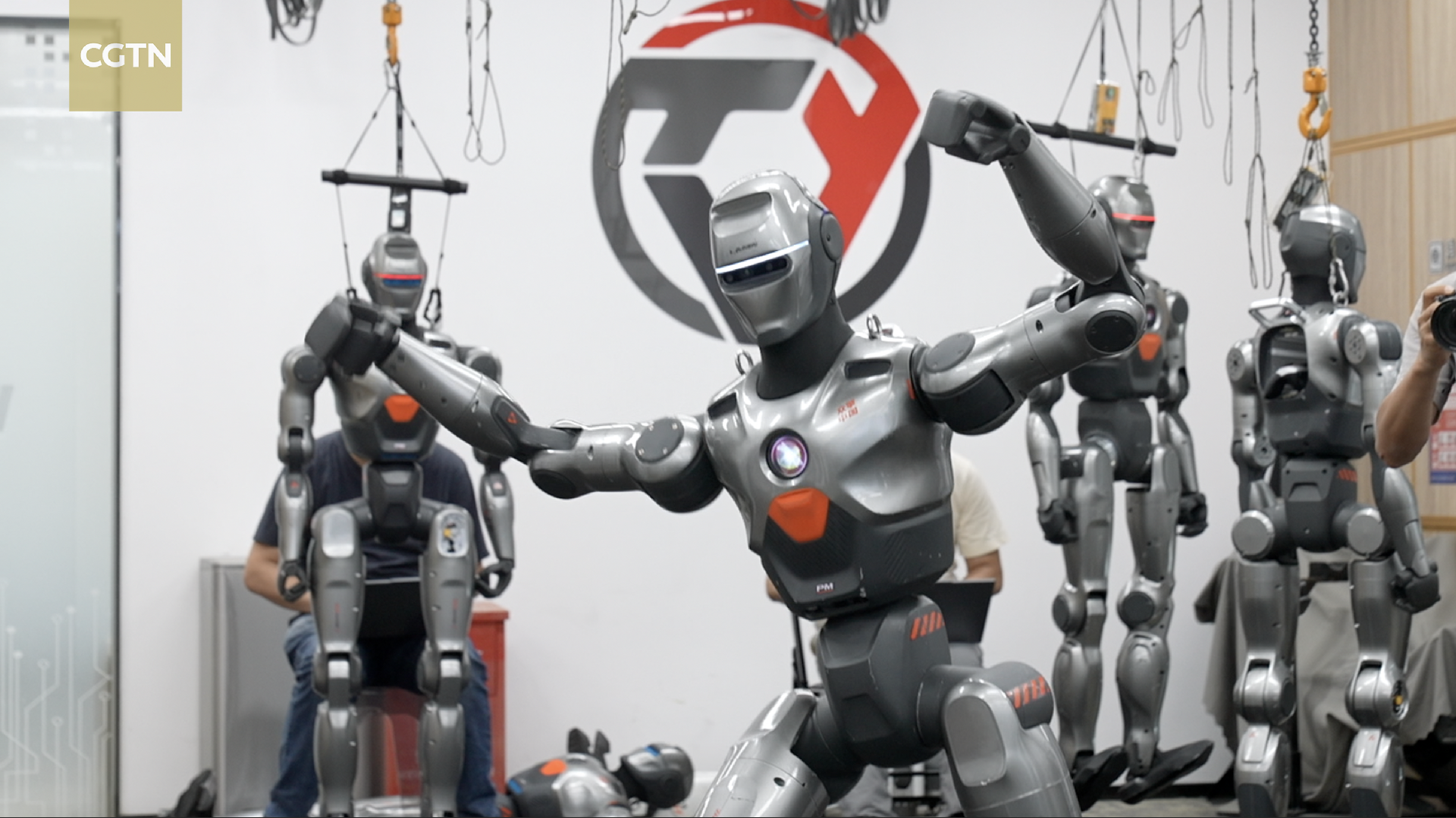AI Model Enhances Sudden Cardiac Death Prediction by Researchers

Researchers at Johns Hopkins University have unveiled a groundbreaking artificial intelligence model that substantially surpasses existing clinical guidelines in pinpointing patients who are at a high risk for sudden cardiac death. This innovation addresses a critical need within the medical community to enhance prediction accuracy for this life-threatening condition.
The AI system, named Multimodal AI for Ventricular Arrhythmia Risk Stratification, or MAARS, ingeniously combines cardiac MRI images with extensive patient health records. This integration allows the model to uncover hidden warning signs, thus providing a more precise assessment of cardiovascular risk than has previously been achievable.
Published this week in Nature Cardiovascular Research, the study centers around hypertrophic cardiomyopathy, a prevalent genetic heart condition and a significant contributor to sudden cardiac death among younger individuals. The research underlines the importance of early detection and intervention in this high-risk group.
"Currently, we have patients dying in the prime of their life because they aren't protected, and others who are putting up with defibrillators for the rest of their lives with no benefit," stated Natalia Trayanova, the study's senior author and an expert in applying AI in cardiology. She emphasized the model’s potential to accurately predict whether an individual is at high risk for sudden cardiac death.
Contrasting with the estimated 50 percent accuracy of current clinical guidelines utilized in the U.S. and Europe for identifying at-risk patients, the MAARS model achieved an impressive overall accuracy of 89 percent. Notably, this model reached a remarkable 93 percent accuracy in the 40 to 60 age group, which is recognized as the most vulnerable demographic.
The AI model employs advanced analysis of contrast-enhanced MRI scans to identify patterns of heart scarring, a task that has traditionally posed challenges for physicians. By leveraging deep learning techniques on this underutilized data, the model successfully highlights critical predictors associated with sudden cardiac death.
"Our study conclusively shows that the AI model significantly bolsters our capability to identify those at the highest risk compared to our current algorithms, and holds the potential to revolutionize clinical practices," remarked Jonathan Chrispin, a cardiologist at Johns Hopkins and co-author of the study.
Looking ahead, the research team aims to conduct further testing of the MAARS model across a wider patient demographic. Additionally, they plan to explore the algorithm's applications for other heart-related diseases, such as cardiac sarcoidosis and arrhythmogenic right ventricular cardiomyopathy, thereby broadening its impact on cardiovascular health.
Read These Next

Shenzhen City in South China Experiences Surge in Tech Innovation
Shenzhen thrives as a tech hub, showcasing growth in robotics and innovation, setting a model for urban technological development.

China's Role in Shaping the Global Clean Energy Future
China showcased its renewable energy leadership at the Supply Chain Expo, producing 80% of PV modules and 70% of wind components.

South Park Moves to Paramount+ Streaming
An overview of the recent deal for South Park to stream on Paramount+, highlighting its relevance in the streaming landscape and the show's cultural impact.
